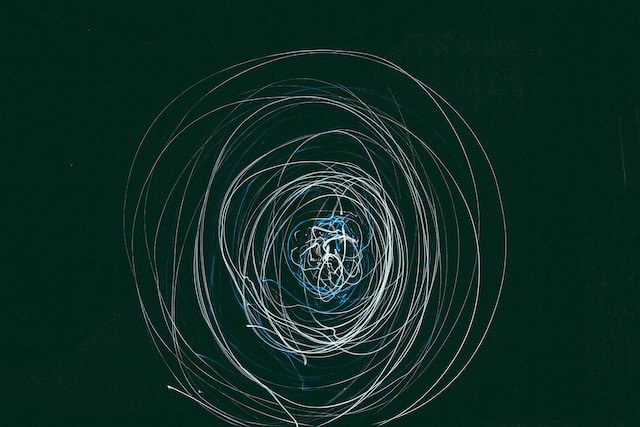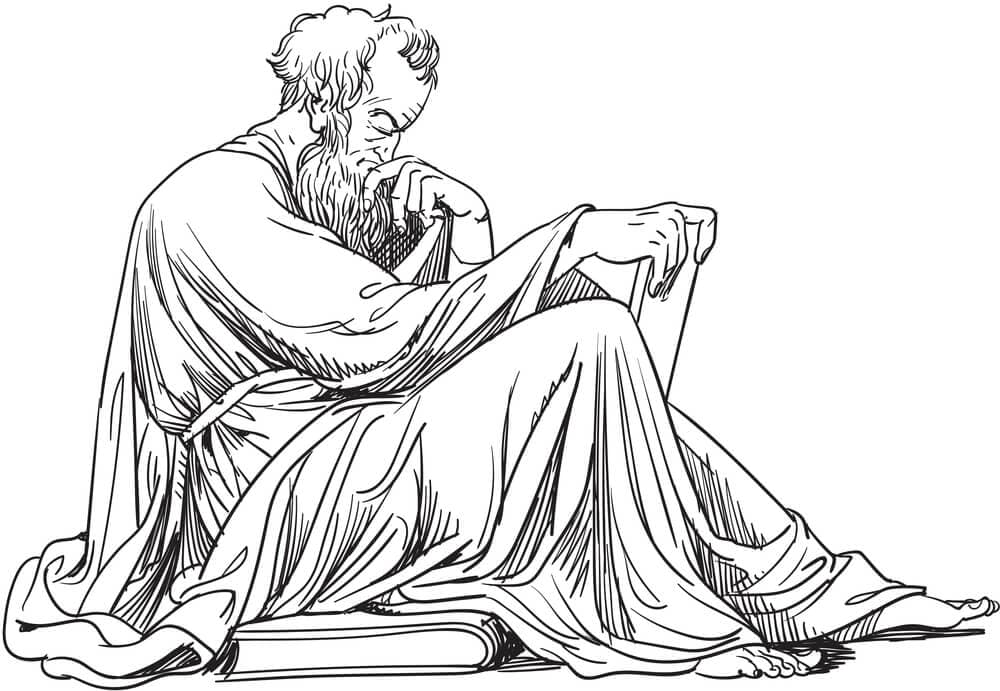-
The Philosophy of Happiness and Decision-Making 15 April, 2024
-
The Philosophy of Place: How Different Locations Shape Our Worldview 17 October, 2023
-
Taoism and Its Influence on Chinese Society 09 October, 2023
-
Philosophy of Writing 05 October, 2023
-
Philosophy Writing Prompts 29 September, 2023

About
Our conference covers topical philosophical issues of modern society and the development of the philosophy of science and technology, legal and socio-cultural issues of states, issues of spiritual and physical health of nations. The conference will be attended not only by teachers and scholars, but also by representatives of other countries.
Opportunity to talk to leading philosophers
The conference offers a unique opportunity to meet and network with recognized experts in the field of philosophy. You can ask them questions, discuss your ideas, and get valuable feedback and advice from seasoned professionals.
Expanding your professional network
The conference provides an excellent opportunity to establish new professional contacts. You can meet colleagues from different countries and institutions, discuss joint research projects with them, exchange contacts, and expand your professional network.
Intellectually stimulating and inspiring
The conference provides a unique atmosphere where you are surrounded by like-minded people who are passionate about philosophy. You'll engage in stimulating discussions, listen to interesting speeches, and get exposed to new ideas. This will help you broaden your thinking, gain new insights, and be inspired to explore further.
The Philosophy Conference is a unique opportunity to share your research, ideas, and passion for philosophy with an international community of scholars and practitioners.
Conference program

First Day
09.30-10.00 - Registration of conference participants. 10.00-10:30 - Opening of the conference. Welcome speech of the organizers

Second Day
09.30-10.00 - Introductory remarks by the speakers. Planning for the day. 10.00-10:30 - Presentation "Prospects for the existence of humanity: philosophical and cultural aspect"
The organizers and keynote speakers

Robert Boykin
Professor, Doctor of Philosophy

Deborah Balfour
Associate Professor of Philosophy

John Reddish
D. in Philosophy

Eunice Harland
D. in Philosophy, Lecturer of the Department

Our Blog
Exploring the Essence of Happiness: Delving into What Truly Brings Us Joy
The Philosophical Foundations of Gambling: Luck and Rational Decision-Making
The Philosophy of Place: How Different Locations Shape Our Worldview
Implications of Artificial Intelligence from a Philosophical Standpoint
Taoism and Its Influence on Chinese Society
Philosophy of Writing
Philosophy Writing Prompts
The Intersection of Philosophy and Reality: Connecting Theoretical Concepts to Real-World Scenarios
Pioneering Philosophers: A Guide to Selecting Influential Philosophical Texts for Your IB Internal Assessment
frequently asked questions
The aim of the conference is to bring together leading philosophers and scholars to exchange ideas, present new research and theories, and hold discussions and debates on philosophical topics. The conference promotes philosophy and the exchange of knowledge in the field.
The conference will present a variety of topics covering a wide range of philosophical issues. These may include studies in epistemology, metaphysics, ethics, political philosophy, philosophy of science, philosophy of art, and other philosophical fields.
The conference will present a variety of topics covering a wide range of philosophical issues. These may include studies in epistemology, metaphysics, ethics, political philosophy, philosophy of science, philosophy of art, and other philosophical fields.
The conference can use a variety of formats, including plenary sessions, parallel sessions, roundtables, panel discussions, and poster opportunities. This provides attendees with a variety of opportunities to network, exchange ideas, and engage in active discussions.
The conference can provide opportunities for networking and sharing through formats such as cocktails, coffee breaks, lunches, and evening events. Attendees can meet, network with peers, ask questions and receive feedback from other conference participants. This creates a positive atmosphere for making new professional contacts and exchanging ideas with like-minded people.
The conference may offer opportunities for publication and dissemination of research through the conference proceedings, which may be available electronically or in print format. This allows participants to disseminate their research and receive feedback from the scientific community. It is also possible to participate in breakout sessions or panel discussions where research can be discussed and further developed.
Partnerships Proud To Be a Part Of

Rainbow Riches is a well-liked slot game that features an Irish theme and vibrant visuals. With its assortment of bonus features, including free spins, players can enjoy thrilling gameplay and have the chance to win big.

Domypapers.com is an affordable, transparent, and convenient online service offering personalized essay help for high school, college, and university students. Just tell us, ‘Write my paper for me,’ clarify your requirements, and we’ll assign your task to a skilled writer that perfectly matches your paper’s needs.

Check out the complete list of trusted non Gamstop casinos, made up by Steve Ashwell. Big bonuses, best games and top manufacturers are waiting for you to join.

When it comes to playing for real money, Australian online casinos provide a secure and regulated environment. Licensed operators ensure fair play, using sophisticated Random Number Generators (RNGs) to determine game outcomes. Top-tier security measures protect your personal and financial information, offering peace of mind as you focus on the thrill of the game.
 Writing a philosophy essay takes a great understanding of a subject and massive writing skills. In order to be 100% sure it’s a real goal we recommend looking for the best paper writing service, especially if it’s reviewed by A*Help.
Writing a philosophy essay takes a great understanding of a subject and massive writing skills. In order to be 100% sure it’s a real goal we recommend looking for the best paper writing service, especially if it’s reviewed by A*Help.

If you are looking for a professional ghostwriter bachelor thesis, you have come to the right place. We offer high-quality academic writing services that will help you achieve your academic goals.

We have good news, because we are starting to cooperate with Leon Bet Casino with the support of an expert in online casinos from Greece – Aris Kladis (OC24 LTD, GreekOnlineCasinos.com project). We believe that our partnership will lead to qualitative changes.

We are an academic ghostwriting agency looking for qualified master thesis ghostwriters. If you have in-depth knowledge in your field and want to have a master’s thesis written, please contact us.
 We have compiled a list of the best Polish online casinos play-fortune.pl/kasyno/legalne-kasyna-online/. All of the casinos on our list are legal and licensed, and they offer a wide variety of games to choose from.
We have compiled a list of the best Polish online casinos play-fortune.pl/kasyno/legalne-kasyna-online/. All of the casinos on our list are legal and licensed, and they offer a wide variety of games to choose from. 
 Many students turn to online assignment help to enhance their understanding and improve their grades. This service has become increasingly popular as the demands of modern education grow.
Many students turn to online assignment help to enhance their understanding and improve their grades. This service has become increasingly popular as the demands of modern education grow.

If you need help with your assignments. We recommend that you contact the assignment help service that has been on the market since 2007 and is highly trusted by many customers
 Sins In The Bible blog was created by Pastor Christopher Turk. May God’s peace and blessings be upon you always.
Sins In The Bible blog was created by Pastor Christopher Turk. May God’s peace and blessings be upon you always.
 Dive into the best legal online gambling platforms across the globe. Vabank casino presents trusted details on the most reputable sites for indulging in online casino games, all while standing a chance to earn real cash.
Dive into the best legal online gambling platforms across the globe. Vabank casino presents trusted details on the most reputable sites for indulging in online casino games, all while standing a chance to earn real cash.
 As Vancouver litigation lawyers, we represent clients in court, leveraging our expertise in local laws to secure favorable legal outcomes in British Columbia. We advocate diligently through every phase of the litigation process, from mediation to trial.
As Vancouver litigation lawyers, we represent clients in court, leveraging our expertise in local laws to secure favorable legal outcomes in British Columbia. We advocate diligently through every phase of the litigation process, from mediation to trial.
 Streamline your IB success with our IB IA Writing Service. From research to writing, our Internatoinal Baccalaureate professionals are here to guide you through every step of your Internal Assessment writing process.
Streamline your IB success with our IB IA Writing Service. From research to writing, our Internatoinal Baccalaureate professionals are here to guide you through every step of your Internal Assessment writing process.












